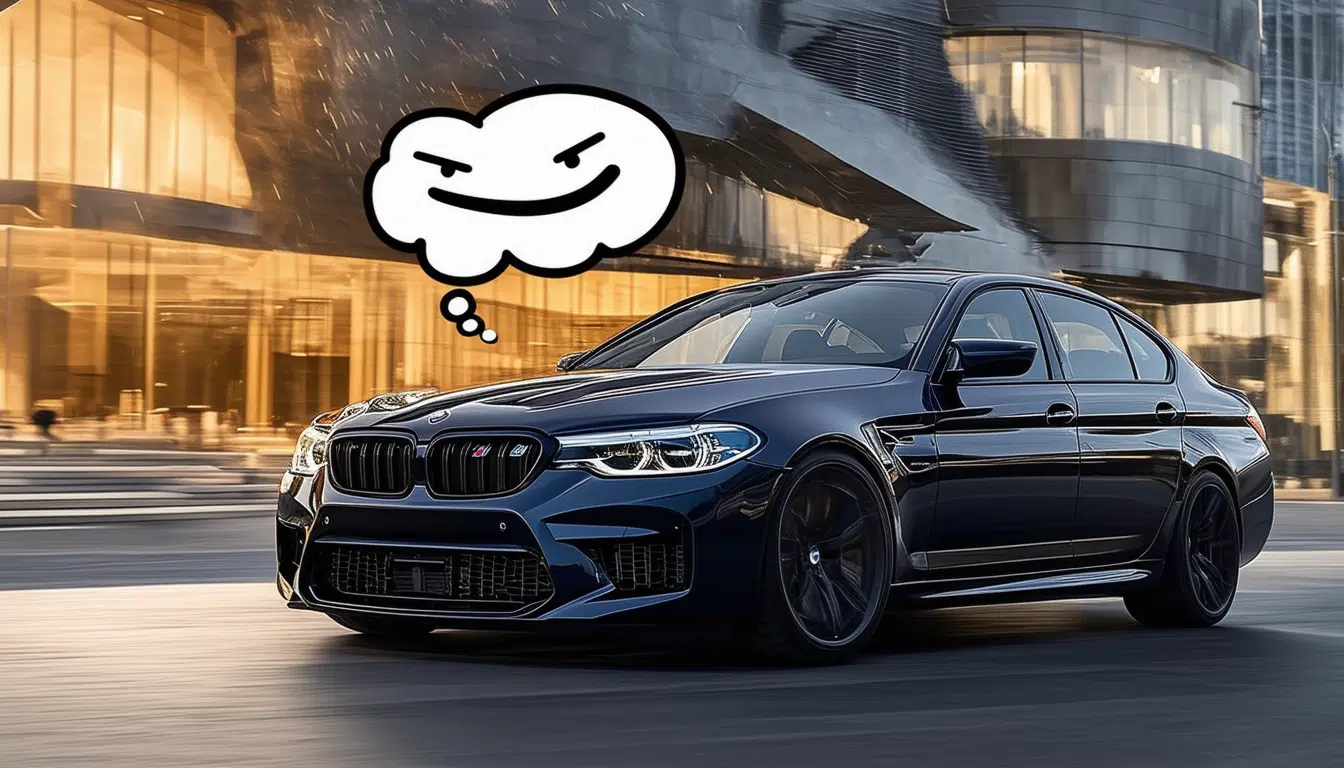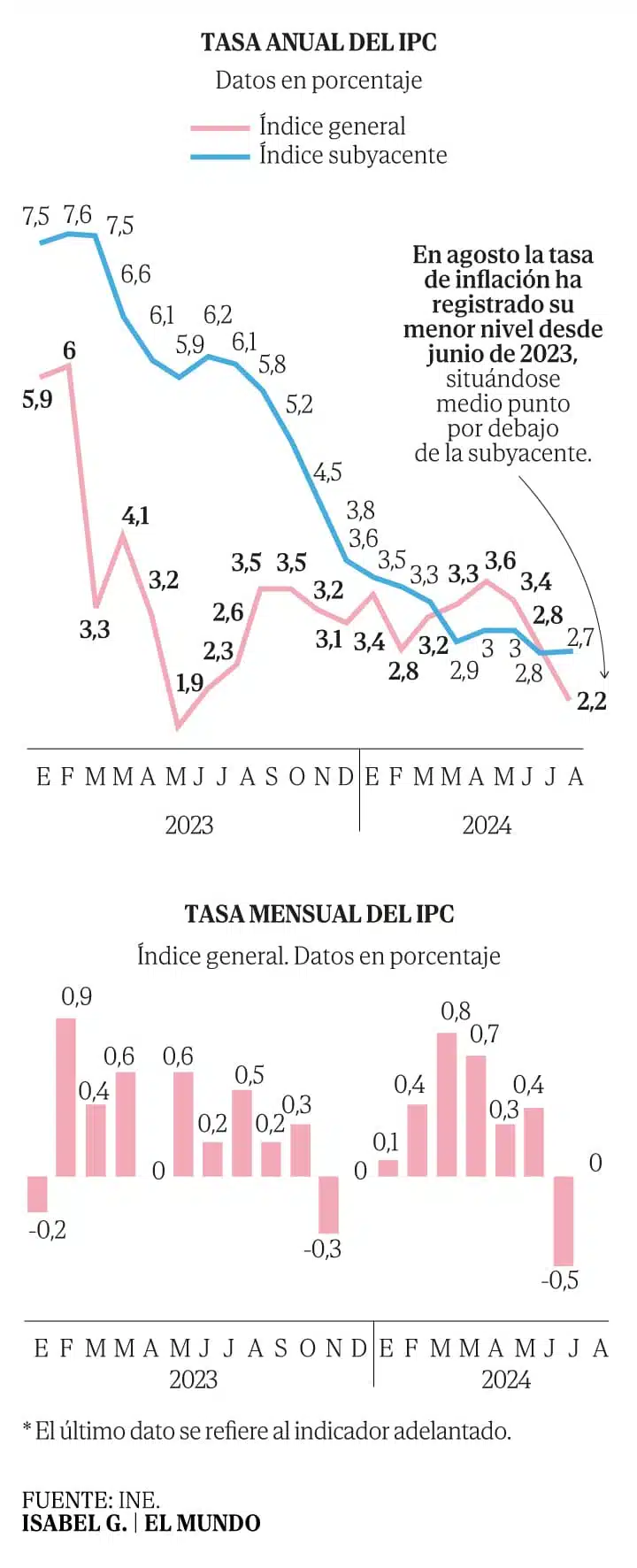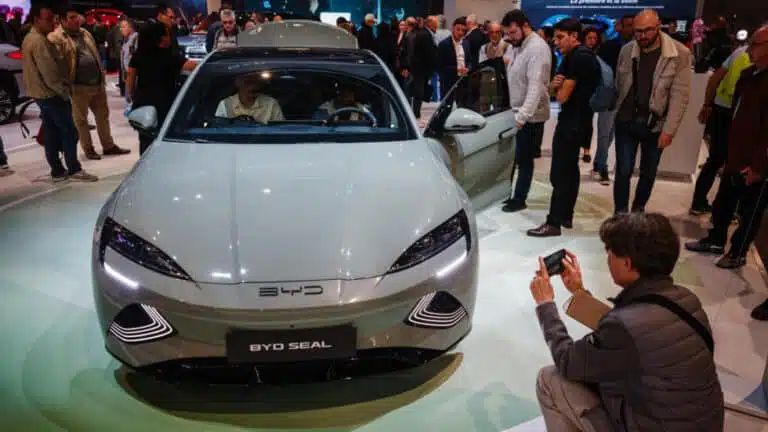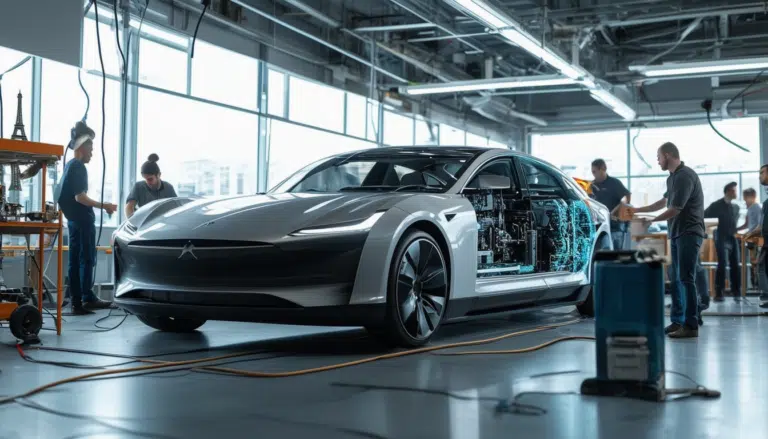A BMW does not like the nickname ‘fat’ for the M5

The BMW M5, an icon of high performance, has been the subject of controversy due to an unexpected aspect: its weight. With a curb weight of 2,510 kilograms, the plug-in hybrid model faces criticism related to its mass, mainly due to its 22.1 kWh battery. This increase in its dimensions has generated an unfavorable nickname: “fat.” BMW, aware of the negative comments, emphasizes that performance is not affected, insisting that the vehicle should be judged by its driving experience rather than its technical specifications.
BMW M5: The Debate Over the Nickname ‘Fat’
The new BMW M5 has generated controversy due to its considerable weight mainly attributed to its plug-in hybrid propulsion system. This weight increase has led some to refer to the car as ‘the fat one,’ a nickname that does not sit well with the brand. BMW defends its design and bets on the hybrid system as a necessity to move forward with its iconic V8 engine while complying with strict emission regulations.
Weight Increase in the M5: Causes and Consequences
One of the most discussed elements surrounding the new M5 is its substantial weight increase, reaching 2,510 kilograms. This increase is largely due to the specific components that enable its operation as a plug-in hybrid, especially the 22.1 kWh battery. Additionally, the car itself has grown in size, which contributes to this perception.
BMW’s Response
BMW has been aware of the criticism about the weight of its high-performance sedan. The head of the M division, Frank van Meel, has expressed some discontent regarding these opinions, pointing out that the car should not be judged solely by the numbers in the technical sheets. According to him, the design of the M5 is made so that the additional weight is not felt when driving it.
The Reason Behind Electrification
The electrification of the M5 is not a whim, but a calculated decision. Van Meel argues that the only way to keep the V8 engine alive in its current generation while complying with emission regulations was through electrification. BMW considered the option of making it fully electric, but rejected this idea as it would not meet the performance expectations of M5 customers.
The Future of the M5 in the Era of Electrification
With the 4.4-liter twin-turbo V8 engine and an electric motor from the XM model, BMW hopes that this combination will be ideal for the M5. Despite the weight, the German company is confident that performance will not be significantly affected, a perception they hope customers will confirm when getting behind the wheel.
A Necessary Change vs. Tradition
In a context where regulations are becoming increasingly strict, the electrification of the new sedan seems like a necessary evil. At least the V8 remains alive, unlike what has happened with competitors like Mercedes-AMG and its C 63, which have said goodbye to this type of engine. In this sense, BMW continues to show a commitment to balancing tradition and modernity.
Final Thoughts on the M5 Nickname
The debate surrounding the nickname ‘fat’ for the BMW M5 reflects a significant change in perceptions toward high-performance vehicles. As the automotive industry moves towards electrification and compliance with stricter environmental regulations, an inevitable dilemma arises: how to balance the legacy of automotive power with contemporary sustainability demands. This dilemma crystallizes in the evolution of the M5, which has incorporated hybrid innovations to maintain its iconic V8 engine.
BMW’s discontent with the nickname not only evidences a passionate defense of its design but also an attempt to redirect the conversation toward the driving experience. According to Frank van Meel, the vehicle’s weight is just one of many variables in the complex design of the M5, asserting that the numbers on the technical sheet do not reflect the true driving experience.
However, the moniker does not emerge from thin air. It comes from public perception, fueled by tangible data, such as the weight of 2,510 kilograms. This number encapsulates the inherent dilemma of whether advanced hybrid technology can coexist with the sporty dynamism expected by BMW enthusiasts. For many, the interest lies in whether the additional weight compromises the characteristic agility of the M series.
The situation serves as a wake-up call about how modernization and technological innovation present narrative challenges for automotive brands. As vehicles face necessary functional changes, preserving the emotional connection with drivers is crucial. BMW is called to overcome the criticisms by demonstrating that, despite the numbers, the M5 remains a hallmark of its engineering prowess. Ultimately, the true judgment will come from those who experience the car, considering that the driving experience may challenge perceptions based solely on figures.





